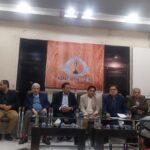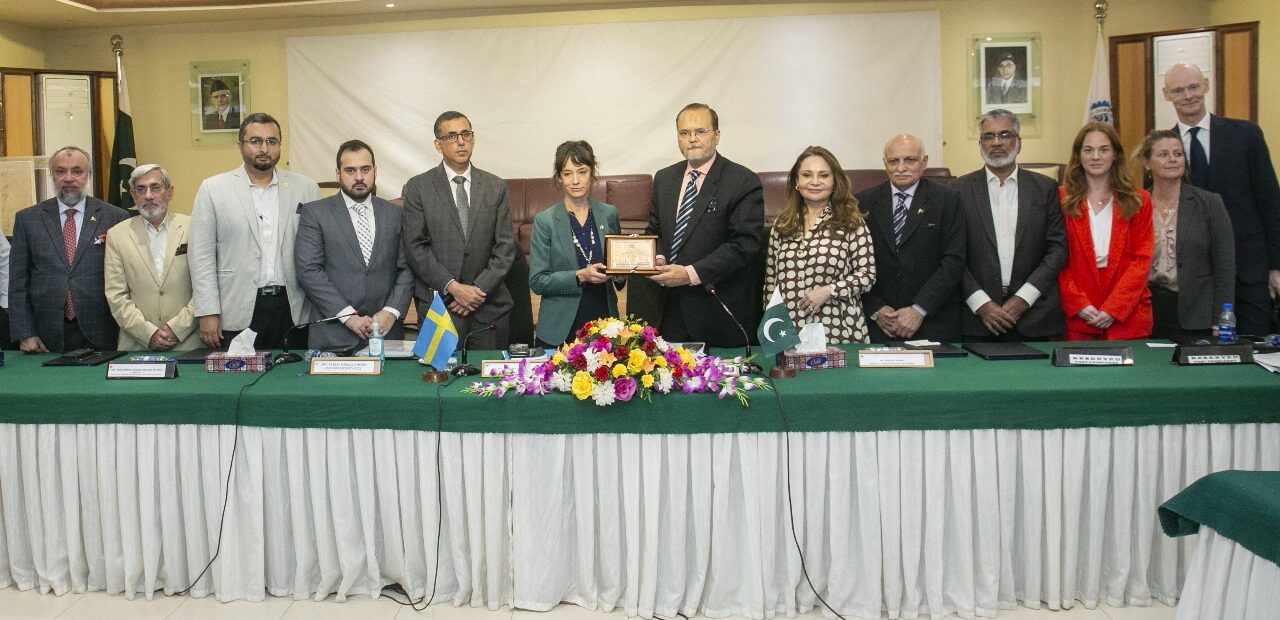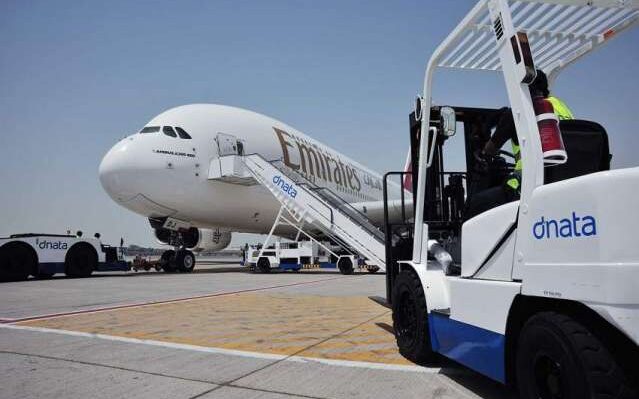United Nations, April 6, 2019: Intensifying clashes between the Myanmar military and armed separatists that reportedly involved a deadly helicopter bombing raid on civilians earlier this week in the restive Rakhine state, has been condemned by the UN human rights office, OHCHR.
“The Myanmar military is again carrying out attacks against its own civilians; attacks which may constitute war crimes,” OHCHR Spokesperson Ravina Shamdasani told reporters in Geneva on Friday.
The conflict between the Myanmar military – known as the Tatmadaw – and the Arakan Army, dates back around a decade.
In the most recent escalation, OHCHR reported that on the evening of April 3, two military helicopters flew over Hpon Nyo Leik village in south Buthidaung township, firing on Rohingya Muslims who were tending their cows and paddy fields.
At least seven civilians were killed, and 18 others were injured, according to sources in Myanmar.
“These particular killings we have been able to verify with some certainty,” Ms. Shamdasani said, noting that OHCHR had received a large amount of video and footage photographs supporting the attack.
“This is why we’re putting it out there: that there was a helicopter attack, that bombs were dropped, and that these seven civilians were killed.”
The mainly Buddhist Arakan Army was formed almost a decade ago in response to economic and social injustice grievances, which are distinct from the systematic discrimination and violence suffered by Rohingya Muslims that forced hundreds of thousands to flee to neighbouring Bangladesh in late August, 2017.
The most recent violence was prompted by Arakan Army attacks on several police posts on 4 January, Ms. Shamdasani said, leading to credible reports of the killing of civilians, burning of houses, arbitrary arrests, abductions and damage to cultural property.
“There was an attack by the Arakan Army on several police posts and the Tatmadaw – the army of Myanmar – responded with very strong force and we received information that instructions were given to them to crush the Arakan Army,” she said, noting that only faltering discussions between the two sides had taken place.
“We call on the Tatmadaw and the Arakan Army to immediately cease hostilities and to ensure that civilians are protected,” she said. “Humanitarian access to all areas of northern Rakhine must urgently be restored, including those areas affected by recent clashes.”
The fighting was not simply an issue of Buddhists against Muslims, Ms. Shamdasani said, explaining that it has affected various ethnic groups in Rakhine and Chin States, including Rakhine, Rohingya, Chin, Mro and Daignet.
“As the international community is taking steps towards accountability for the crimes committed against civilians in previous years, the Myanmar military is again carrying out attacks against its own civilians – attacks which may constitute war crimes,” Ms. Shamdasani said.
“The consequences of impunity will continue to be deadly.”
Amid the ongoing violence, more than 20,000 civilians are estimated to have been displaced in Rakhine state, with many staying in informal settlements including paddy fields.
“The 3 April attack was carried out in an area that had seen large-scale displacement of Rohingya civilians in recent days,” she added. “According to information received by our office, some 4,000 Rohingya were displaced between 25 and 30 March from the villages along the road connecting Buthidaung and Rathedaung towns.”
Concerns are growing because fighting was formerly restricted to hilly areas but is now moving to more densely populated areas, where the Arakan Army is embedding itself.
Echoing concerns over displaced families, UN Refugee Agency (UNHCR) official Andrej Mahecic said there had been no reports of civilians fleeing across the border to Bangladesh.
He also noted that the ongoing violence had halted efforts to implement more than 30 community projects in Myanmar’s northern Rakhine state, where UNHCR still does not have humanitarian access.


























































































































































































































































































